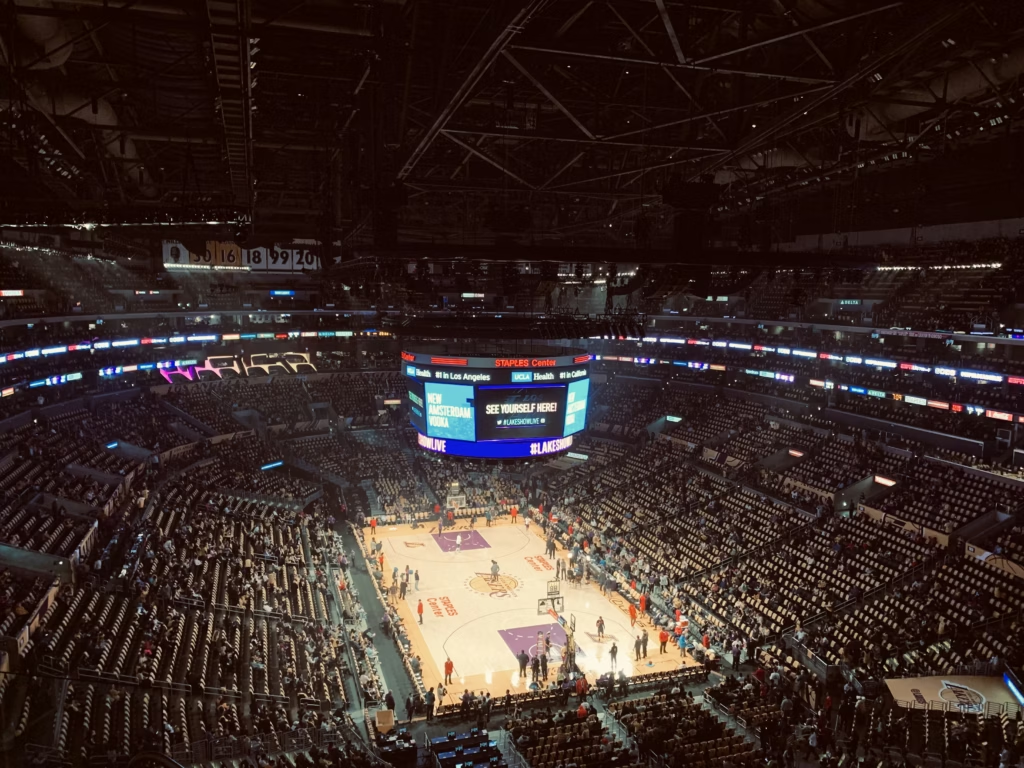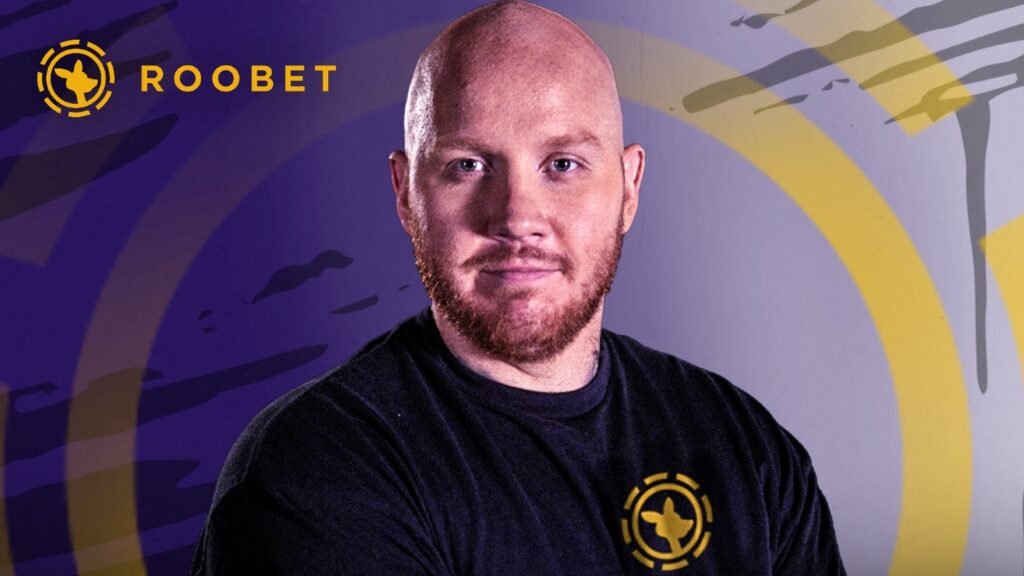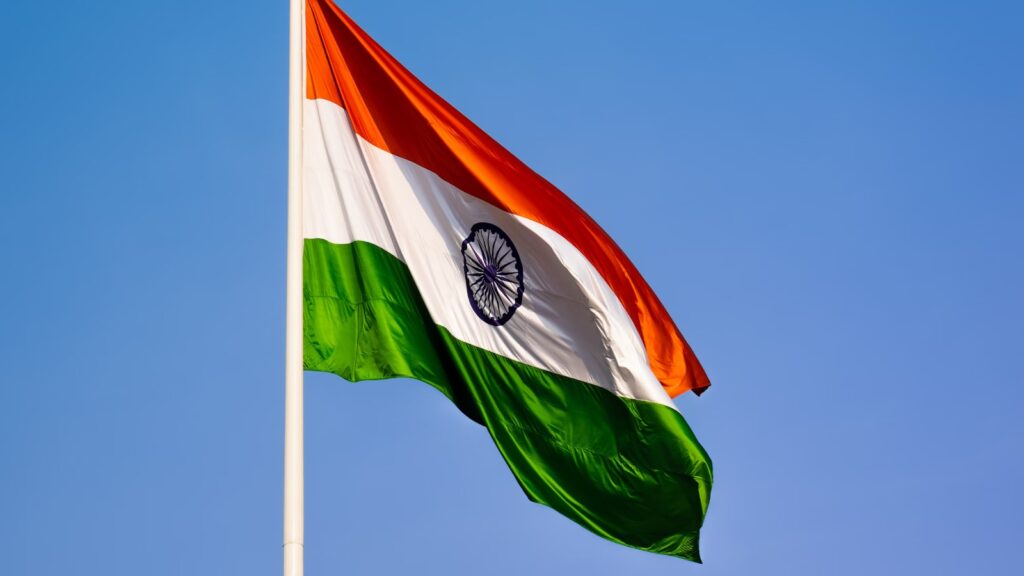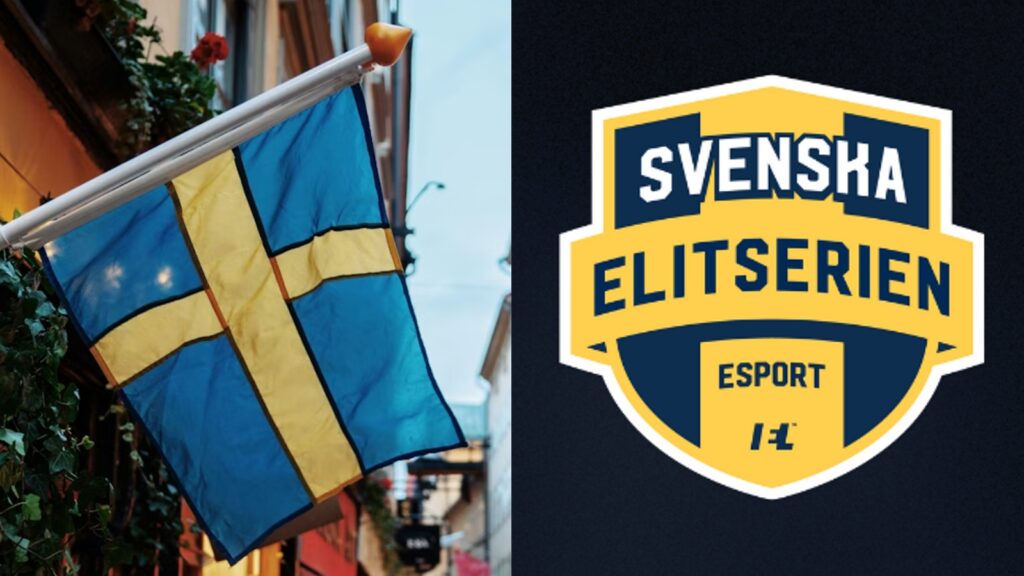Judge Rules Against Tribal Sportsbooks in Colorado Online Sports Betting Lawsuit
A judge in Colorado has ruled against the state’s two federally recognized tribes, the Southern Ute and Ute Mountain Ute, forcing the tribes to follow state laws around online sports betting.
U.S. District Court Judge Gordon Gallagher dismissed a lawsuit brought by the two tribes, arguing that bets placed online should count under the gaming compact with the state as long as the server is on tribal lands.
Judge Gallagher disagreed, stating, “This Court finds that the gaming occurs where the bettor is located — in this context, the location of the bettor is the only determining factor for whether gaming is on Indian land,”
He added, “If the bettor is on Indian land, the gaming activity is on Indian land and the Indian Gaming Regulatory Act applies. If the bettor is off Indian land, e.g., in Denver, the bettor is not engaged in gaming on Indian land and IGRA does not apply.”
As a result, the tribes’ online betting platforms are held to the same taxes and regulation as other companies, meaning they have to pay 10% of revenue to the state.
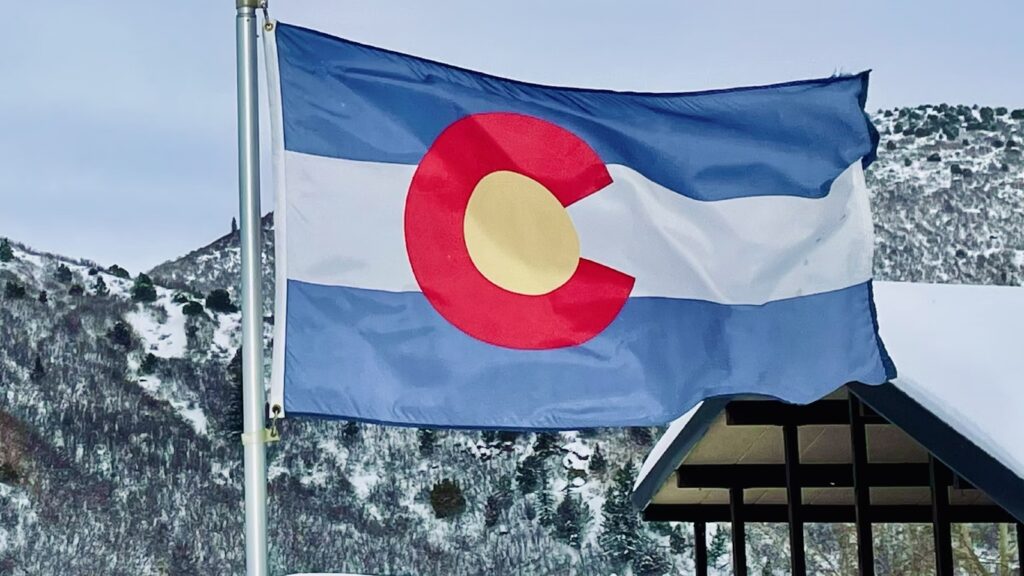
Tribes Investing In Esports and Online Betting
The Southern Ute tribe launched online sports betting in 2020. At the time, they created the “first-ever dedicated esports sportsbook in the United States” at the Sky Ute Casino Resort through a partnership with gaming-technology firm GameCo LLC.
This followed the opening of a massive esports and gaming arena in Lakewood, Colorado the year before, and coincided with voters in the state approving the legalization of online sports betting.
The tribes argued that their state gaming compacts allowed them to offer any form of gaming permitted in Colorado. The state asked that they align with new state laws for bets placed outside of reservation lands. That includes paying the 10% tax on sports wagers, which the state uses to fund water projects.
New Technology Creates Gray Area For Tribal Compacts
The IGRA was set up in 1988, before any online betting options existed. The emergence of the internet added a complication in where betting is taking place.
In the ruling, Gallagher stated, “In 2025, a gambler can be in Denver and the electronic game processed through a computer server on Southern Ute Indian Tribe land or Ute Mountain Ute Tribe land. Where then does the gaming occur?”
He went on to argue that it is reasonable for the state to insist that the gaming does not occur on tribal lands. He noted, “If Colorado were attempting to regulate the Tribes’ acceptance of wagers placed within the bounds of their respective reservations, it would be overstepping into the Tribes’ jurisdiction under IGRA.
“But, Colorado is only seeking to regulate the acceptance of wagers placed off the reservations and thus occurring off Indian land.”
Varied State Laws Creating Conflicts
The ruling is in contrast to the current state of online betting in Florida. The Seminole Tribe of Florida launched statewide online sports betting through its Hard Rock Bet platform under a compact approved by the Department of the Interior. The compact treats wagers as occurring “on Indian lands” if processed by servers on tribal territory.
As a result, he tribe has exclusive rights to legal sports betting, both on tribal lands and online. The emergence of sports prediction markets has challenged this exclusivity, with Kalshi advertising that it offers legal sports betting in all 50 states, including Florida and Colorado.
With a lack of consistency in state laws around sports betting, prediction markets are now thriving despite being challenged by state regulators and tribal groups.
In Colorado, sports betting has accounted for millions of dollars in tax revenue since it was legalized. In the last fiscal year, more than $6 billion in wagers were placed in the state, netting nearly $37 million in tax revenue. The new ruling aims to protect those revenues.


